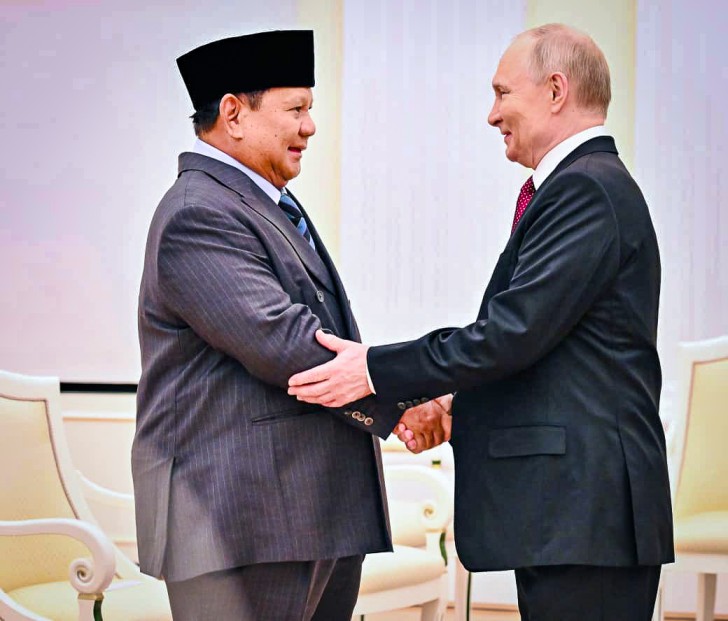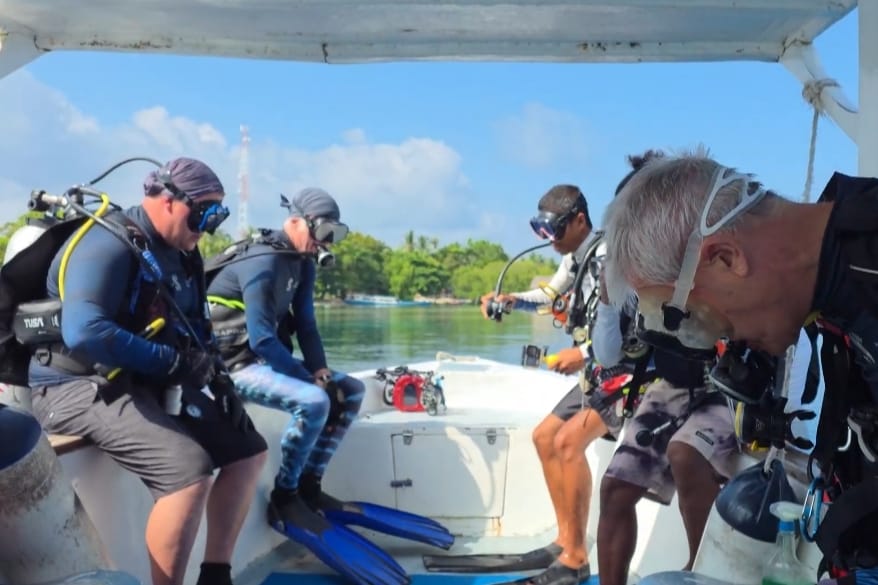Indonesian economic development expected to ‘stand on its own feet’ in face of US reciprocal tariffs

The United States’ reciprocal tariff policy against Indonesia is a challenge for the national economy, so all relevant stakeholders must work together to overcome its impacts.
Jakarta (Indonesia Window) – Indonesian President Prabowo Subianto emphasized that the United States’ reciprocal tariff policy against Indonesia is a challenge for the national economy, and thus all relevant stakeholders must work together to overcome the impacts of the regulation.
The head of state made the remarks when giving directives at the Joint Economic Discussion with the President of the Republic of Indonesia under the theme ‘Strengthening Indonesia’s Economic Resilience Amidst the Wave of Tariff Wars’, in Jakarta, Tuesday.
“The strongest economic countries are making policies that increase tariffs so high for many countries. This can be said to be causing global uncertainty. I have reminded you for years. Let’s build our economy with the goal of standing on our own two feet,” the president emphasized.

In the discussion, Coordinating Minister for Economic Affairs, Airlangga Hartarto, stated that the risk of global economic uncertainty, originating from geopolitical instability, protectionism of developed countries that affects the global supply chain and trade, and tightening of monetary policy to overcome inflation, in 2025 tends to be high.
The global economic situation is further exacerbated by the tariff policy issued by the US government against a number of countries in the world, including Indonesia.
Following the announcement of the tariff policy, the global economic financial market immediately fluctuated, marked by fluctuations in world stock exchanges and the weakening of emerging market currencies.
The new tariff policy has also shaken world trade following the disruption of the global supply chain and the decline in international trade volume, thus suppressing global commodity prices such as crude oil.
Furthermore, there has been an economic slowdown in the region and the world marked by a decline in global consumption and delays in corporate investment.
However, Airlangga ensured that the fundamentals of the national economy remain strong and capable of facing the current global uncertainty.
“I convey that our DPK (Third Party Funds) is above five percent and credit distribution is above 10.42 percent. Then banking liquidity is maintained, the loan to deficit ratio is also at a good figure of 88.92 percent and we also see the capital adequacy ratio of 27 percent,” the coordinating minister for the economy noted, while emphasizing, “our banking is solid in the current period”.
The fundamental strength of the Indonesian economy is also shown by a stable economic growth rate at five percent (year on year/yoy); a healthy fiscal position with a low budget deficit and state debt ratio; controlled inflation in March 2025 of 1.03 percent (yoy); the Consumer Confidence Index in February 2025 at an optimistic level of 126.4; and the Manufacturing PMI (Purchasing Managers’ Index) in March 2025 which was in the expansionary zone of 52.4.
These figures are a form of national economic resilience. In addition to these achievements, Indonesia’s competitiveness ranking in 2024 is also in the 27th position out of 67 countries (World Competitiveness Ranking 2024) which is measured by economic performance factors, government efficiency, and business efficiency.
In addition, Indonesia’s Sovereign Credit Rating (SCR) is one level above Investment Grade.
According to the economic survey company Moody’s, Indonesia’s economic resilience remains strong thanks to strong domestic demand and the government’s commitment to maintaining the credibility of monetary and fiscal policies.
The discussion was attended by the Governor of Bank Indonesia, the Chairman of the National Economic Council, a number of Cabinet Ministers and Deputy Ministers, the Chairman of the Board of Commissioners of the Financial Services Authority, the Chairman of the Board of Commissioners of the Deposit Insurance Corporation, Representatives of Ministries/Institutions, economists, representatives of labor unions, business players, and capital market analysts.
Reporting by Indonesia Window

.jpg)








